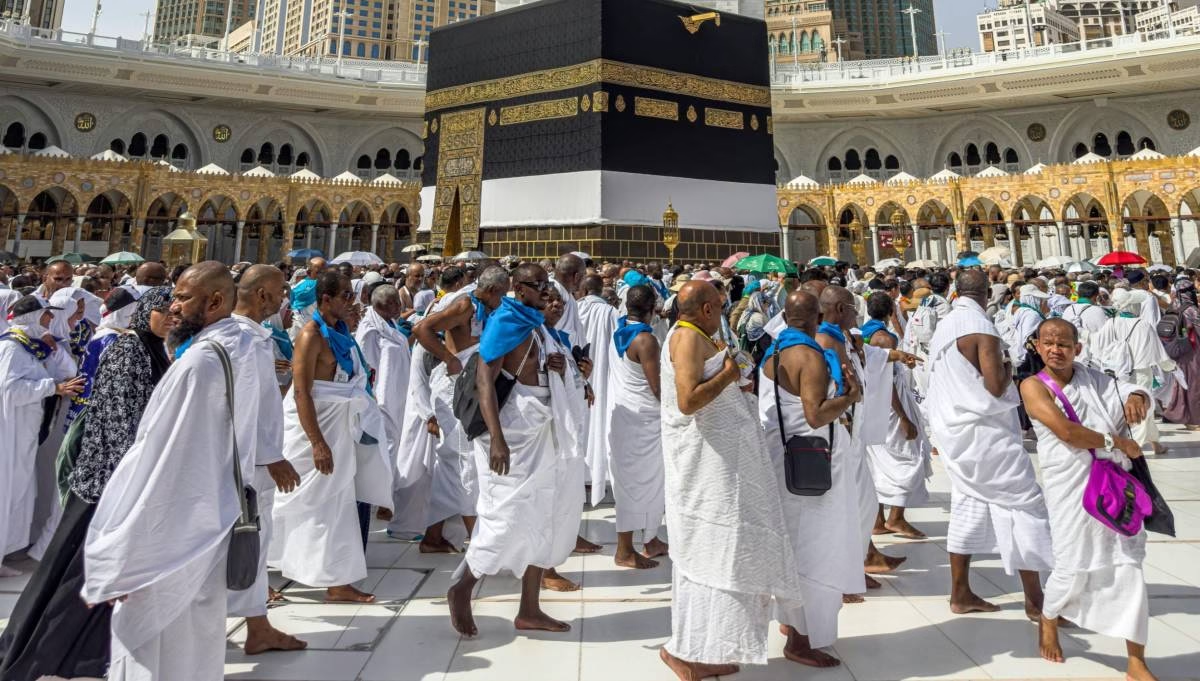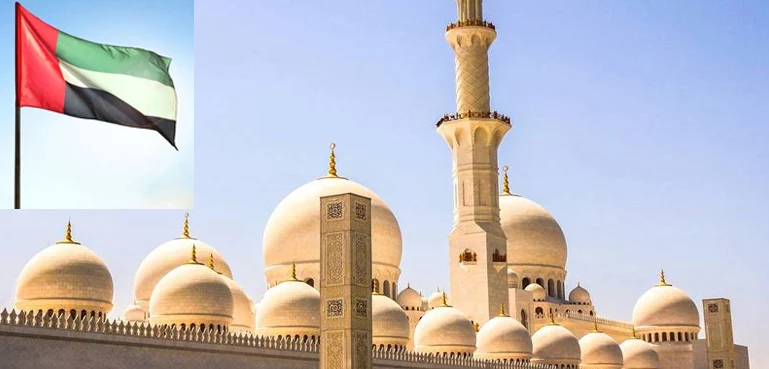Over a million Muslim pilgrims have arrived in the holy city of Makkah ahead of the annual hajj, as Saudi authorities implement extensive safety measures to manage scorching heat and unauthorized attendance.
With temperatures expected to surpass 40°C (104°F) this week, the pilgrimage—one of Islam’s five pillars—will officially begin on Wednesday. By Friday, more than 1.3 million registered pilgrims had entered the kingdom.
In response to a deadly 2024 heatwave that claimed over a thousand lives, Saudi Arabia has doubled efforts to protect worshippers. More than 250,000 officials from over 40 government bodies have been mobilized. Shaded areas have been expanded by 50,000 square metres, over 400 cooling units will operate across hajj sites, and thousands of medical personnel will remain on high alert.
Technology is playing a vital role this year. Drones and advanced AI software are being used to monitor crowd movements and environmental data across Mecca in real-time to prevent overcrowding and heat-related incidents.
Despite the extreme conditions, pilgrims expressed joy and gratitude. “This is really a blessing from Allah,” said Abdul Majid Ati, a lawyer from the Philippines. Abdulhamid from Nigeria, undertaking his second consecutive hajj, described the experience as “very, very, very hot,” but said he felt fortunate.
To avoid a repeat of last year’s tragedy—when 1,301 mostly unregistered pilgrims died—Saudi authorities have cracked down on illegal entries. Permits are required for participation and are distributed through a quota-based lottery system. Those caught attempting the pilgrimage without authorization risk arrest, deportation, hefty fines, and bans of up to ten years.
Security remains tight, with frequent ID checks, drone patrols, and mobile alerts warning against unauthorized entry. In 2015, a deadly stampede during the “stoning the devil” ritual killed around 2,300 people, underscoring the importance of strict crowd management.
Hajj remains a significant source of both revenue and prestige for Saudi Arabia, whose monarch carries the title “Custodian of the Two Holy Mosques.”
For many pilgrims, like Mariama, a 52-year-old from Senegal, the hajj is the culmination of a lifelong spiritual dream. “I was dreaming about it, thinking about it every time—to come here to do the hajj,” she said.



